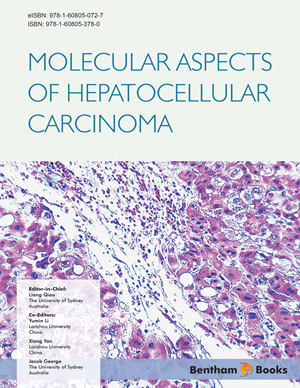Abstract
Hepatitis B virus (HBV) and hepatitis C virus (HCV) are the commonest viral causes of hepatocellular carcinoma (HCC) globally. Hepatitis B virus can integrate into the human genome and influences the carcinogenesis by cis- and trans-activation mechanisms on top of necroinflammation and liver fibrosis/cirrhosis. Various virological factors including high viral load, genotype C HBV and basal core promoter mutations have been described to associate with increased risk of HCC. On the other hand, HCV will not integrate into the host genome. HCV contributes to hepatocarcinogenesis predominantly through hepatic necroinflammation and liver cirrhosis, but it may also alter lipid metabolism and signal transduction pathways via its structural and nonstructural proteins. Although HCV genotype and HCV RNA level do not influence the rate of fibrosis progression or the risk of HCC development, treatment of HCV infection can improve liver fibrosis/cirrhosis and the subsequent risk of HCC.
Keywords: Hepatitis B virus, hepatitis C virus, cirrhosis, hepatocellular carcinoma.






















